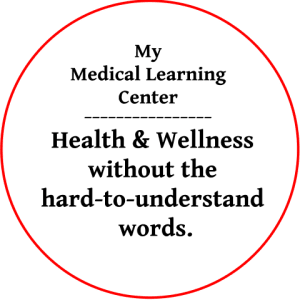Alzheimer’s disease, a relentless condition that gradually erodes memory and cognitive abilities, touches nearly 7 million lives across America. While the exact origins of this neurological disorder remain elusive, it is widely recognized as a disease rooted in the degeneration of brain cells—leading to profound disruptions in daily life. For many, even simple routines like self-care or holding a conversation become monumental challenges, impacting not only individuals but also the caregivers by their side.
Projections suggest that by 2024, around 6.9 million Americans aged 65 and older will live with Alzheimer’s. The numbers already reveal a staggering reality, with estimates showing an increase from 6.5 million to 6.7 million seniors affected in recent years.
Diagnosing Alzheimer’s: Testing the Mind.
Pinpointing Alzheimer’s often begins with cognitive assessments to detect memory lapses and declining mental function. However, not all methods are created equal—the so-called “Seven Minute Screen,” for example, lacks official recognition as a diagnostic tool. Reliable diagnoses typically involve comprehensive evaluations designed to gauge various aspects of cognitive performance.
The disease follows a predictable trajectory, typically unfolding in three stages: mild, moderate, and severe. Some researchers add granularity by dividing these into additional phases, but the conventional model suffices for understanding the condition’s progression.
Medications and Debates Over Supplements.
Treatment for Alzheimer’s has expanded in recent years, with more than five FDA-approved drugs available. These medications fall into two categories: those that modify the disease’s progression, such as Donanemab and Lecanemab, and those that manage symptoms, including Donepezil, Rivastigmine, Galantamine, and Memantine. Research continues, and new approvals could change the treatment landscape in the near future.
Dietary supplements, meanwhile, spark heated debates. While some studies hint that Ginkgo Biloba may enhance cognitive performance, evidence for Lecithin and Vitamin B-6 is shaky at best. Despite claims, these supplements show inconsistent or negligible effects on memory and mood in older adults.
Early Signs and Care Strategies.
Recognizing Alzheimer’s in its early stages can make a significant difference. Look out for signs such as memory lapses involving recent events, shifts in personality, confusion, or trouble focusing. Early intervention can provide opportunities for better planning and support.
Caring for someone with Alzheimer’s is no small task. Incorporating visual cues, maintaining routines, and fostering physical activity can help preserve quality of life—for both the patient and their caregivers. Small adjustments, like ensuring familiar surroundings or engaging in simple, calming activities, go a long way.
As this disease touches more lives, staying informed about its stages, symptoms, and treatments remains critical. With nearly 7 million Americans affected today, understanding and support are more essential than ever.





